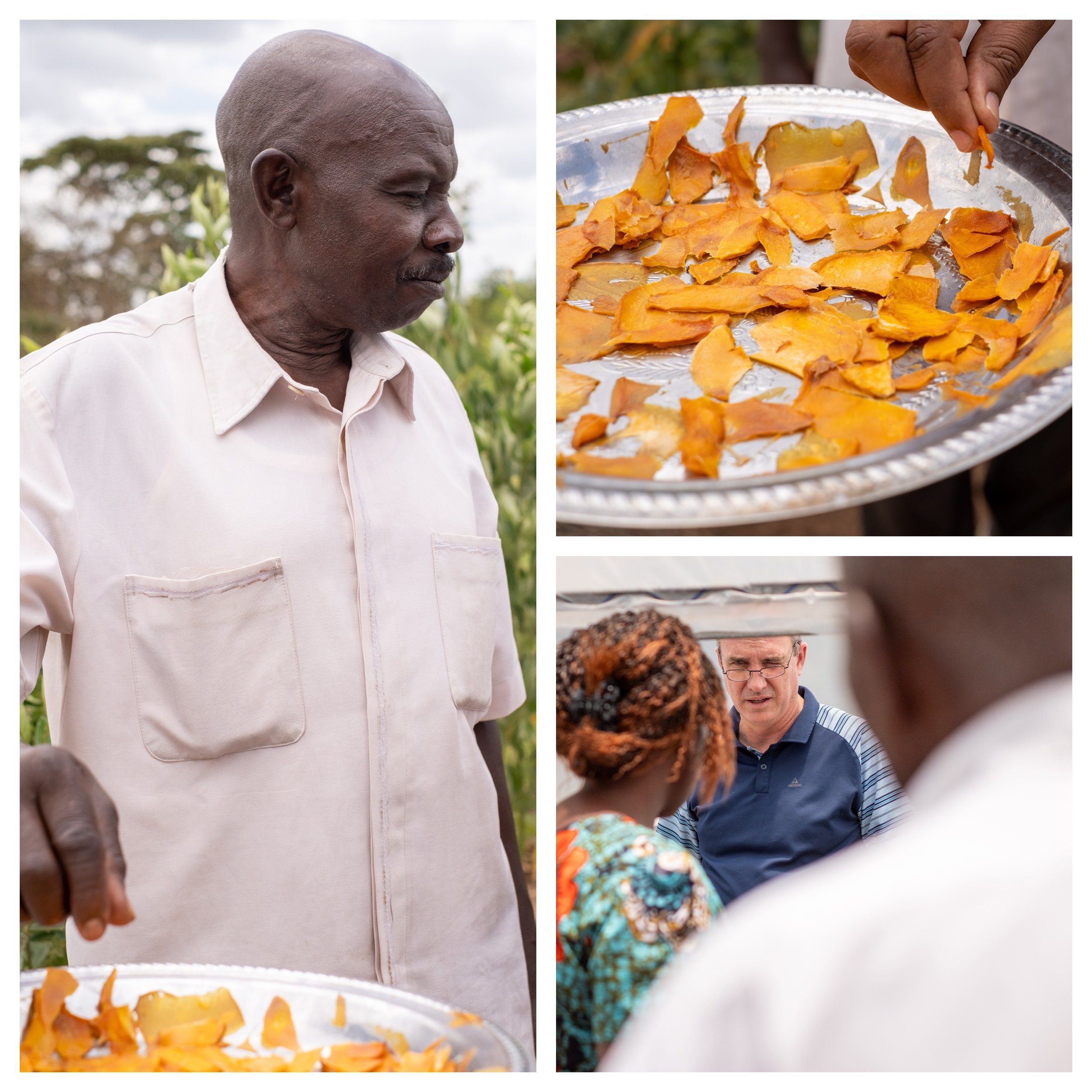Baby Steps Toward Food Security In Rural Kenya
Which projects should we take on, and when should we pass? It’s a tough call. When you see people suffering, hungry, struggling to find work…how could you not help?
Do we prioritize the highest impact for the most people? Do we simply help the person across from us?
If you’re here, you’re likely a compassionate person who cares for others, so how do you decide? For our team, these tough discussions typically come down to this question: is this a sustainable, longterm development opportunity that fits within our org values, capacity, and and emphasis on sustainability? If it does, we do everything we can to help!
The people in these images above have said they want to move away from aid handouts and toward something more sustainable. They want to produce their own food so they can keep orphans and widows safe in their community, and that’s a next step that excites us!
So we’re running pilot projects alongside their leadership, encouraging them to propose ideas and send proposals because it can’t be us, thousands of miles away and unaware of the local needs and problems, it has to be them creating solutions to their own problems.
Please pray for these friends at The James Project in rural Kenya as they work toward food security for their community. The food drying stations pictured above are a fine step, but establishing a food supply chain in a place as tough as East Africa won’t happen over night.


